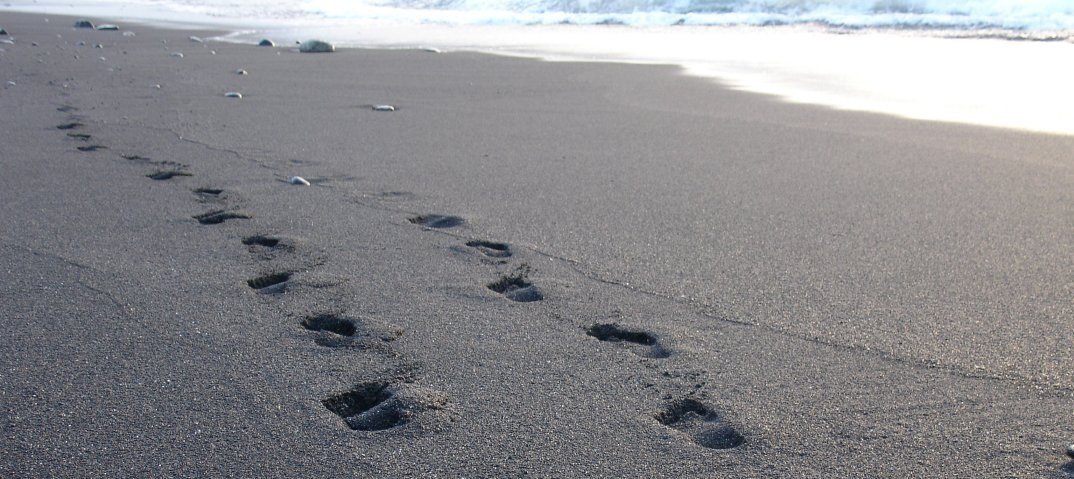
Learning how to stay safe online is important, but be conscious any changes you make may impact your real-world safety. If you think your partner is monitoring you online, DO NOT delete your whole browsing history or change all of your passwords. Use the tips below to manage your safety in both realms.
Protect yourself online
Everything you do online is recorded. When you access a web page, do an internet search, scroll social media or use your email.
Take a few minutes to read the warnings below and to take steps to increase your safety when using the internet, and this website. While nothing you do online can ever truly be erased, there are ways to use the internet which lower some of the risks.
-
Social Media Security
Social media can feel like a great way to stay connected, but it also poses its own risks. Taking some precautions when using your social media can ensure you can enjoy the connection with friends, family and community, while still feeling safe.
If your profile is public, or if you interact significantly on public pages, then your partner/ex-partner could use your posts, photos and interactions with others as a way to track your movements. Blocking the person may not be enough if you still have other mutual connections.
To help maintain safety be wary of what you post, including who is in photos or what can be seen in the background, and ensure that location services is off (managed through general settings). Increase your safety and privacy settings on apps to ensure only those people who you want can see your profile; be sure to recheck these settings often as app and phone updates can sometimes change settings back to default.
-
Internet Browsing Security
Whenever you visit a webpage, or run an internet search, your movements and visits are logged in your browser history, this includes pages you clicked through on the website and how long you stayed.
If a perpetrator, or their contact, has access to your computer, phone or tablet it is easy for them to access you browser history.
Clearing your history, and deleting cached data, is the easiest solution, however can be a flag to a perpetrator that you have started trying to hide your movements. Single entries can be deleted from history, however the safest option is to open a browser window in incognito mode, or even better, use a safe computer like a library, work or a friends.
In Chrome you can open an incognito window by right clicking on your Chrome icon and selecting “open new incognito window”. From an existing browser page you can select the three dots in the top right hand corner and select the same. Similar can be done in Internet Explorer, Firefox, and other browsers.
To clear your browsing history use one of the guides below, or search for one specific to your browser.
Clear your Google Chrome history
Clear your Internet Explorer history
-
Email Security
If your partner/ex-partner has access to your email account, they may be able to read your incoming and outgoing mail.
If you believe your account is secure, make sure you choose a password that they will not be able to guess, and change it often. If you believe your email is already compromised, and that changing the password may increase risk to yourself, then set up a secondary email which you keep private.
If your partner/ex-partner sends you threatening or harassing E-mail messages (or direct messages, or texts), they may be printed or downloaded and saved elsewhere incase you need them to support a protection order application down the track.